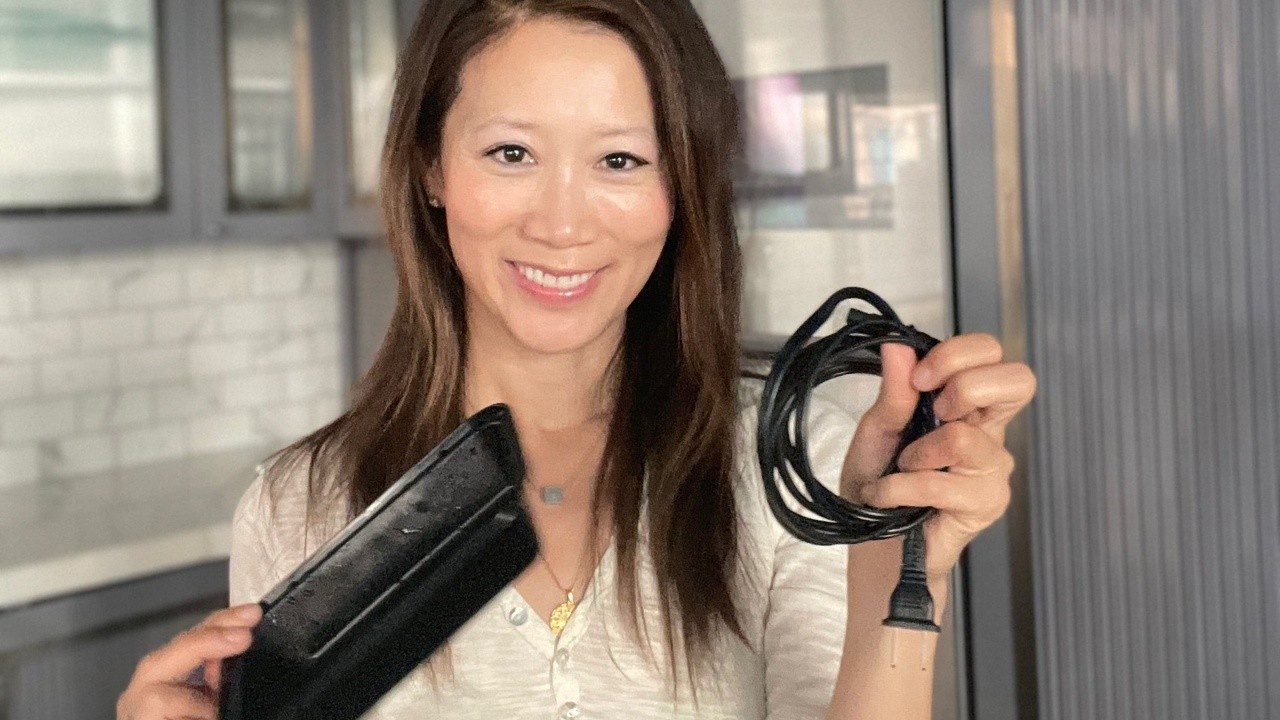
5 Tips to Detox Black Plastics From Your Diet
Dec 09, 2021While I do my best to avoid plastics whenever it's practical, I still have more plastic in my life than I would prefer. Learning what black plastics are made of, however, has motivated me to try even harder to eat homecooked meals and snacks since many restaurants deliver food in black plastics.
In this blog, you'll learn what black plastics are made of and the health risks they pose. You will also learn practical tips to reduce your exposure to black plastics.
What are black plastics made of?
Black plastics are sometimes made of recycled electrical equipment.
Yes, recycled electrical equipment.
Think: old computers, laptops, cell phones, speakers, video game consoles, appliances, etc.
Therefore, black plastics can contain toxic chemicals often found in electrical equipment—like hormone-disrupting phthalates, chemical flame retardants, lead, and who knows what else! 🤦🏻♀️
This was startling to me because I often receive restaurant meals in black food containers, and I know that chemicals in plastic containers can leach into food and beverages they contain. When plastics are heated (which can happen from hot food), even more chemicals are likely to leach.
There are environmental and health impacts arising from the production and use of plastics in general, but 𝐛𝐥𝐚𝐜𝐤 𝐩𝐥𝐚𝐬𝐭𝐢𝐜𝐬 𝐩𝐨𝐬𝐞 𝐠𝐫𝐞𝐚𝐭𝐞𝐫 𝐫𝐢𝐬𝐤𝐬 𝐚𝐧𝐝 𝐡𝐚𝐳𝐚𝐫𝐝𝐬.
—Dr. Andrew Turner, University of Plymouth
Black plastics pose health risks
Please do not assume that someone is regulating the toxic chemicals and heavy metals that affect our diet. Those laws, standards, and oversight don't exist.
A 2018 University of Plymouth study found toxic chemicals present at up to 𝟑𝟎 𝐭𝐢𝐦𝐞𝐬 𝐭𝐡𝐞 𝐥𝐞𝐯𝐞𝐥𝐬 𝐜𝐨𝐧𝐬𝐢𝐝𝐞𝐫𝐞𝐝 𝐬𝐚𝐟𝐞 in a full 40 percent of the black plastic toys, thermoses, cocktail stirrers, and utensils tested.
—Beyond Plastics
In addition to these toxic exposures posing risks to humans, they contaminate our ecosystems and can persist on our planet for years, decades, and even centuries for some chemicals (like the PFC family of chemicals).
** This content originally aired in the Instagram Reel below. Follow @ruanliving on Instagram for other great tips
View this post on Instagram
5 tips to avoid toxic exposures from black plastics
Black plastic containers and utensils are an example of when recycling is arguably helpful to the environment but not to human health. To protect yourself from potentially toxic chemicals and heavy metals that can contaminate your food, consider the five tips below.
- Cook at home. Eat more homemade meals and snacks so that you have more influence over what you ingest. Remember that heat facilitates the leaching of chemicals from plastics to your food or beverage.
- Store food and drinks in glass or stainless steel containers at home. Use glass to store food and drinks. Stainless steel containers are great options for carrying food and drinks outside the home. These materials tend to be our most nontoxic options.
- Bring a stainless steel container to a restaurant for leftovers. When you know that you'll be eating at a restaurant and you may want to bring leftovers home, bring a stainless steel container for leftovers. This helps you and the environment!
- Avoid utensils made of black plastics. Instead, carry reusable stainless steel utensils.
- Avoid black plastic in cooking utensils and stirrers. Even small exposures can participate in your biology and small exposures can lead to meaningful effects. Food-grade stainless steel and glass are ideal alternative materials. Bamboo can be fine too but you want to know if adhesives were used to create the bamboo products.
In summary
Black plastics are often made from recycled electrical equipment, which often contains chemical flame retardants, heavy metals, and other toxic chemicals. While even small exposures can be risk, the concentration of these toxic exposures in black plastics can be 30x higher than levels considered safe. Since it's hard to know which plastics are safe, it's best to avoid them when you can.
Start paying attention to how often you notice black plastics, especially regarding your diet. The five tips above will help.
Other resources you may enjoy
- What is the safest stainless steel for cookware, food containers, and flatware?
- Tips for Nontoxic Kitchen Utensils
- Practical Nontoxic Living podcast
Select source
Beyond Plastics: https://www.beyondplastics.org/fact-sheets/black-plastic



